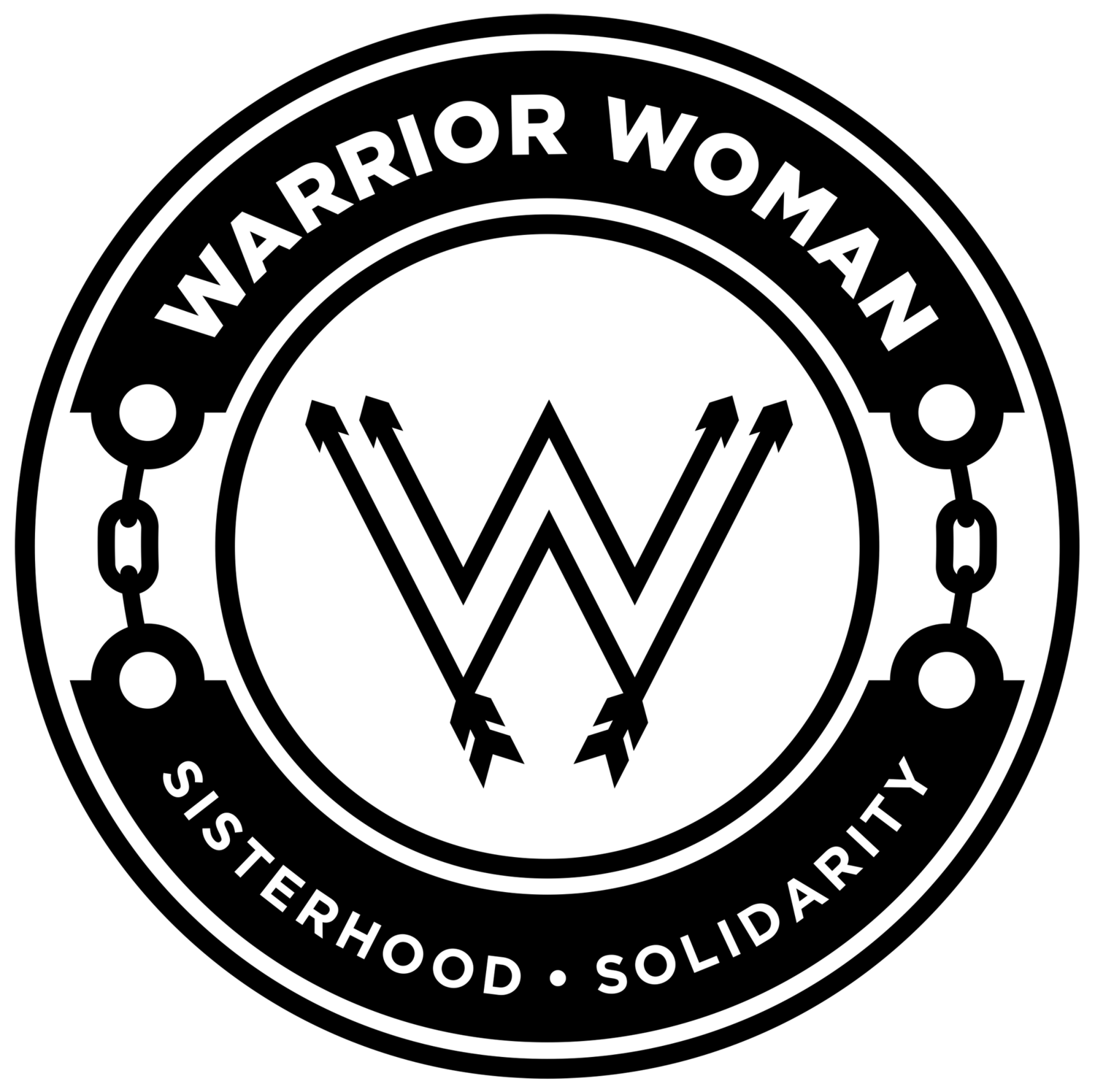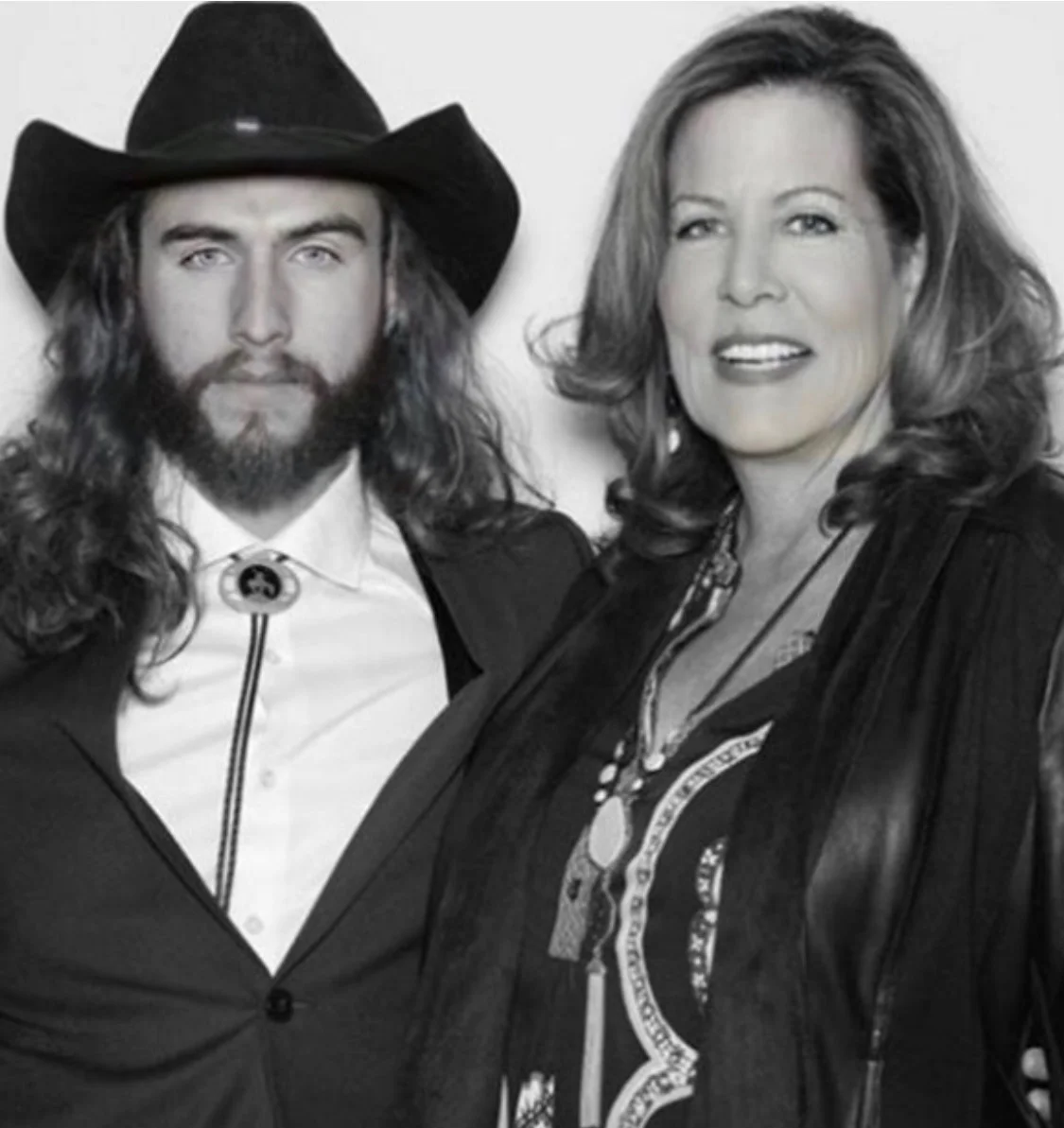April 2019 - Ritz Carlton, Santa Barbara, CA
I am delighted to be here with you. And back in this beautiful ballroom where some of you might remember I was the Managing Director of Bacara for five years. Or you might recall I had the privilege of serving on the CADA board.
I have been blessed with amazing opportunities
I’ve been married to the same cowboy for 30 years and have three adult children, whom we raised in a beautiful home in Coronado. It was literally surrounded by a white picket fence. My husband and I treasure our 2 sons and our daughter. We never missed a baseball, volleyball or basketball game. We participated in their classrooms. We were fortunate to have careers that allowed us to travel and experience the world together as a family.
I have an enviable life.
But my husband and I have never taken our privileged life for granted. We’ve done all we can as parents to ensure our kids have healthy, meaningful, and purposeful lives. And, generally speaking, they do. That’s why it seems like a paradox for me to tell you that my daughter is addicted to heroin. Would you have guessed that, based on what I’ve just told you? For more than a decade I have privately invested in my education, I have read countless books with information about Substance Use Disorder, which is a clinical expression for what most people refer to as addiction to drugs. More specifically, I educated myself about opioid use disorder, a term that describes a destructive behavior cycle centered around the use of opioids, including heroin— which interested me most, because that’s what my daughter was using.
I studied opioid use disorder with a passion. You might even say I studied it obsessively… maybe so. But it was important to me, to my family, to humanize my daughter’s experience; to counteract misconceptions; and to ensure my daughter was not labeled a junkie, as so many have been wrongly labeled before. I sought to understand the behaviors, the brain chemistry, the emotion and the science underlying my daughter’s turbulent life-experience; I sought to support my husband’s desperate attempts to protect his little girl from harm; I sought to ensure that my son’s sister was not seen as some disposable person or defined by her worst characteristics— God help us if anyone in this room were defined by theirs.
I wish I could tell you my daughter’s story, from the beginning, but there is not enough time. I could never tell you her life story in this short amount of time while also respecting her complexity as a human being: her genuine kindness, her creativeness, her sense of adventure… her sadness… her darkness. Suffice it to say that, in the last 14 years we have invested emotionally and financially in every treatment option available: 20 Rehabs; including Individual Out Patient programs, Sober Living homes, and a yearlong therapeutic boarding school.
Heartbreak is part of this path that is littered with relapses, second chances and third chances. Addiction is messy and makes us feel uncomfortable, helpless, fearful and lost. My daughter has become reliant on heroin as a major form of satisfaction in her life. She no longer trusts that she can generate positive experiences, naturally, on her own, and without drugs. It has been tortuous to watch my beautiful baby girl become dominated by her relationship with a drug. Her pain has been so overwhelming that there was nothing she wouldn’t do— even while her actions betrayed her own most sacred values.
Manipulation lies and theft all fed her disease. She has overdosed and survived while her precious boyfriend did not. We all live with the trauma of that loss.
I have felt broken.
Addiction is accompanied by a great deal of judgement. We live in a society quick to point a finger and place blame. I have been accused of being too distant or too close. I have been called names like; Co-dependent and enabler. And I will admit that, on my worst days, I’ve copped to the accusations and I’ve felt guilty, as though I was the one who created this experience for her.
The fact is I did not make my daughter an addict— as you can see, I am devastated by this unexpected path. And, to be honest, we haven’t found the exit... yet. We continue to support her through the pain and seek solutions. I will never turn my back.
I love her unconditionally.
I love her because I am her mother. And now, when I encounter people with addictions, I have the humanity to treat them like any other person. Because Addiction is a human condition with human consequences. We’re all vulnerable.
Addicts can come from any life and from any family. It’s likely you either love someone with an addiction, you know someone who has one, but it’s not something you talk about openly…. our culture tells us to keep this a secret.
I told you at the top of this speech that I never take my privilege for granted. Well now I have the privilege, the honor, the responsibility… to shine a light and start this conversation. The more we can talk about addiction openly, the more we can work through the shame, guilt, and grief that often stands in the way of healing. This is not an easy task, and I am under no illusion that it will happen overnight.
But there is no way around the fact that we must break the barriers in order to respond to an addict or their family in a way that supports their recovery. It’s by talking that we give each other permission to feel what we feel, love who we love, and be who we are, with the vulnerabilities, frayed edges, courage and wisdom that are all a part of being human.
I have hope.
I stand here before asking you to help stop the stigma and shame. And now I ask you: If you, or someone you love struggles with addiction can you please stand with me?

